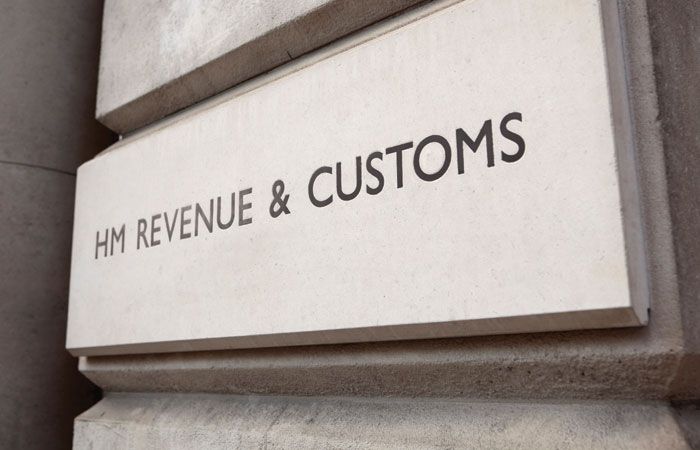
The total sum HM Revenue & Customs collects in inheritance tax (IHT) has more than doubled over the past decade from £3.8bn in 2014/15 to £8.25bn in the past tax year.
HMRC figures released earlier today also show that the number of deaths which trigger an IHT bill has risen by 13% over the past year to 4.62%.
Pension and investments provider AJ Bell says continued freeze on the nil-rate bands means more and more families are being caught by the tax.
Everyone can pass on up to £325,000 before any IHT is due, although this IHT nil rate band has been frozen since 2009.
The residence nil rate band (RNRB) has been available since 2017 and gives a boost of up to £175,000 per person if a property is left to their direct descendants.
A combination of these bands means most couples can pass on up to £1m on second death.
But had both bands been uprated with inflation rather than being frozen in 2020, a couple could currently pass on an estate worth £1,448,000 combined, according to AJ Bell.
AJ Bell senior pensions and savings expert Charlene Young says: “Despite the introduction of a new relief – the Residence Nil Rate Band (RNRB) phased in from 2017 – government is collecting more in death taxes than ever before and the tax take has more than doubled in a decade.
“The proportion of estates paying IHT is now back at the same level seen before the introduction of the RNRB, but rather than offset that by adding a new exemption or increasing the existing ones, the chancellor is set to slash exemptions instead.”
Rachel Reeves’ first budget in October 2024 tore into the exemptions enjoyed by family businesses, farms and pensions, she says.
Starting from April 2026, wealth that has been completely sheltered from IHT will start to be included in people’s estates for IHT.
Young adds: “In a double whammy for many estates – the Chancellor also continued the big freeze on both the nil rate band and residence nil rate band until at least 2030.
“Whilst IHT reforms might shatter the plans of families looking to pass on future wealth, the effect of what will be a twenty-year freeze on both key allowances for families is already showing its teeth, with more estates than ever paying IHT.
“In 2022-23 the number jumped to 31,500, an increase of 13% for the year.”



